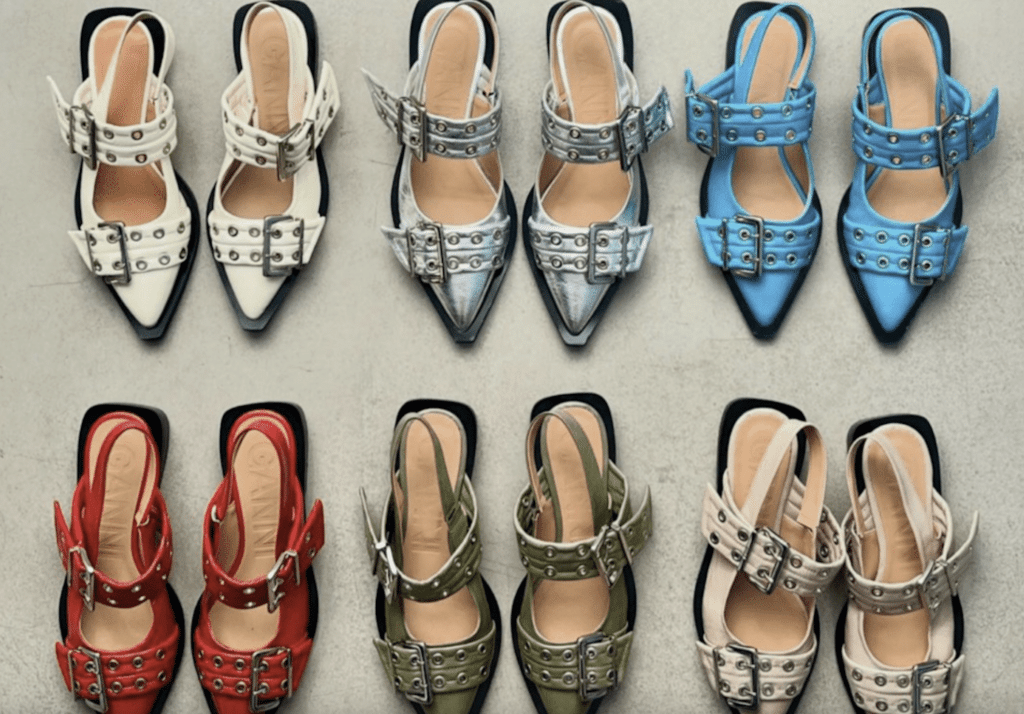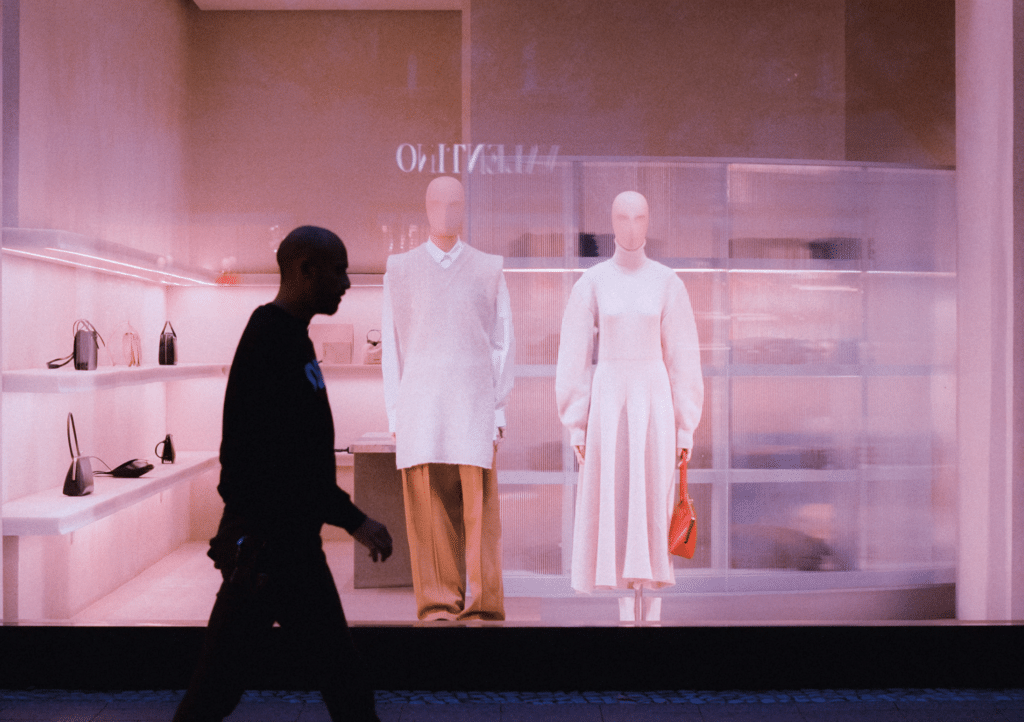Vinted raised 250 million euros ($303 million) in a Series F round, the Vilnius, Lithuania-founded online resale platform announced on Wednesday. According to a release from Vinted, which got its start in 2008 and boasts some 45 million users, the company “operates in over 10 markets, and has become the largest online C2C marketplace in second-hand fashion across Europe,” and will use the funding from the latest EQT Growth-led round – one that values the resale upstart at $4.3 billion – to expand its operations in Europe and “new geographies,” ramp up its hiring, and improve user experience.
Offering consumers to ability to buy, sell and swap second-hand clothing items and accessories, Vinted’s CEO Thomas Plantenga said in a statement on Wednesday that the company is “contributing to a seismic shift in the fashion market, enabling more sustainable, socially-responsible shopping habits,” noting that second-hand fashion is a “rapidly” growing part of the larger apparel market, which is expected to reach $2.2 trillion by 2025. Resale-specific growth “has continued during the pandemic,” per Plantenga, “as consumers increasingly look for ways to shop that fit with their new work-from-home routines and their efforts to make more conscious buying choices.”
TTHE BROAD VIEW: As Reuters noted on Wednesday, Vinted – which became Lithuania’s first-ever unicorn in November 2019 when it raised €128 million – “is one of a crop of firms promoting the so-called ‘circular’ economy, addressing concerns that buying new clothes online leads to waste in the form of packaging or outfits that are quickly discarded.” The Vinted raise comes on the heels of a number of headline-making funding rounds for privately-held resale companies. Paris-based Vestiaire Collective, for instance, announced in March that it had raised $216 million in a round led by Gucci-owner Kering and American investment firm Tiger Global Management to expand its operations. The 12-year old company currently boasts 11 million members in 80 countries, with more than 550,000 new listings per month from 7,000 different brands.
Before that, second-hand fashion platform Reflaunt raised $2.7 million dollars in a pre-Series A funding round in February from investors including former Jimmy Choo CEO Pierre Denis and Ganni founder and former CEO Nicolaj Reffstrup, among others, with an aim to “offer a variety of resale models to more leading global brands” and to allow consumers to resell pre-owned products “directly on the brands’ individual e-commerce platforms.” More recently, secondhand marketplace Thrilling announced that it had raised $8.5 million in an April 2021 Series A funding round led by Prelude Ventures. The company, which was founded by Shilla-Kim Parker in 2018, connects secondhand/vintage stores across the U.S. with consumers by way of its e-commerce platform.
Meanwhile, brands, themselves, on both the mass and luxury ends of the spectrum are looking to get in on post-initial-sale revenue (and to boost their sustainability profile), with the likes of Lululemon, for example, testing resale programs, and a growing number of upscale names, such as Alexander McQueen, Gucci, and Stella McCartney, among others, pairing with established resellers to cater to second-hand-seeking consumers.
The second-hand space has been burgeoning over the past decade, with further acceleration underway, driven in large part by enduring demand from millennial and Gen Z consumers, including in China, where the allure pre-owned products has been slower to catch on. ThredUp revealed in its latest resale report that some 64 million people were buying secondhand products as of 2020, and that the amount of secondhand pieces in those consumers’ closets is projected to grow from 21 percent in 2021 to 27 percent in 2023. The online consignment titan’s widely-referenced report, which was released in June, states that growth for the second-hand apparel market – the value of which is expected to reach $64 billion by 2025 (up from the 2020 value of $28 billion) – is currently outpacing the broader retail segment, increasing 25 times faster than the overall retail market in 2019, a trend that is largely expected to remain in effect for the foreseeable future.











